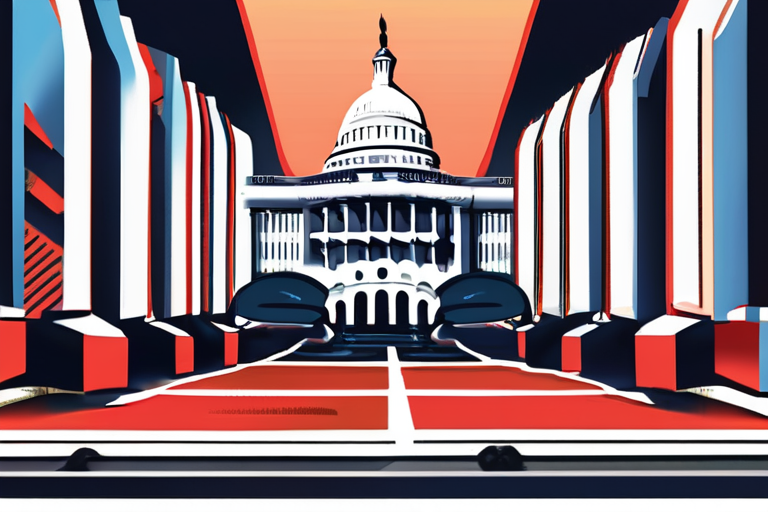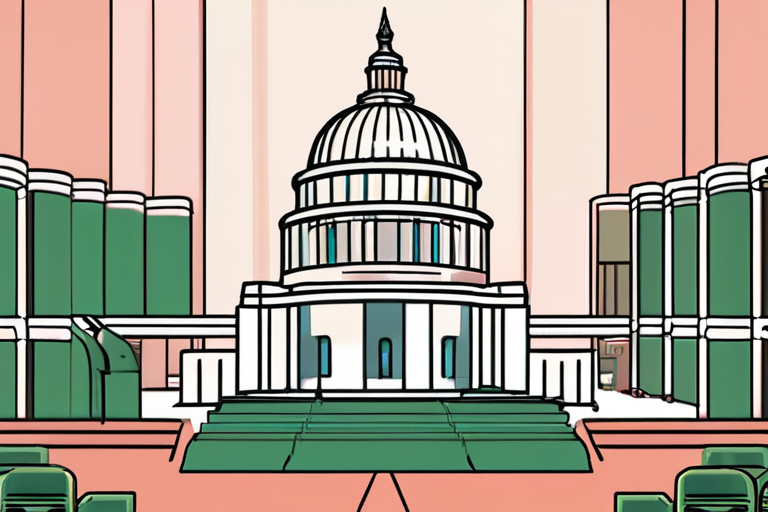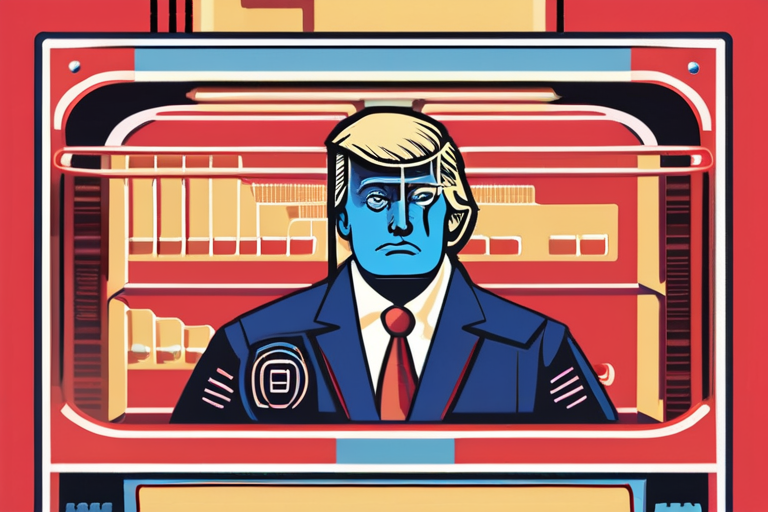The Trump administration has reportedly put on hold an executive order that would have established an AI Litigation Task Force to challenge state AI laws through lawsuits. According to a recent report by Reuters, the order was drafted in response to a 10-year ban on state AI regulation that was initially included in Trump's Big Beautiful Bill before being removed by the Senate in a 99-1 vote. The proposed ban had sparked significant opposition from both Republicans and Democrats, highlighting the contentious nature of AI regulation in the United States.
Industry insiders and experts have long debated the merits of federal versus state-level regulation of AI. Some argue that a unified federal standard is necessary to prevent a patchwork of 50 different regulatory regimes, while others contend that state-level regulation is essential to address the unique concerns and needs of individual jurisdictions. The Trump administration's decision to put the executive order on hold may indicate a shift in its stance on this issue.
The proposed executive order would have allowed the administration to challenge state AI laws through lawsuits, with states that failed to comply potentially facing the loss of federal broadband funding. This move was seen as a way to exert federal control over AI regulation, which has been a contentious issue in Silicon Valley. Some industry figures, including those in the Trump administration, have criticized companies like Anthropic for supporting AI safety bills, such as California's SB 53.
The debate over AI regulation has been ongoing for several years, with proponents arguing that it is necessary to address concerns around AI safety, bias, and transparency. Opponents, on the other hand, claim that regulation stifles innovation and hinders the development of AI technologies. The Trump administration's decision to put the executive order on hold may indicate a recognition of the complexity of this issue and the need for a more nuanced approach.
Industry experts and lawmakers are likely to continue debating the merits of federal versus state-level regulation of AI in the coming months. The decision to put the executive order on hold may also pave the way for a more collaborative approach to AI regulation, with stakeholders working together to develop a framework that balances the need for innovation with the need for safety and accountability.
As the debate over AI regulation continues, it is essential to consider the implications of this issue for society as a whole. AI has the potential to transform numerous industries and aspects of our lives, but it also raises important questions around accountability, transparency, and fairness. By engaging in a thoughtful and informed discussion about AI regulation, we can work towards developing a framework that promotes the safe and responsible development of AI technologies.


























Share & Engage Share
Share this article